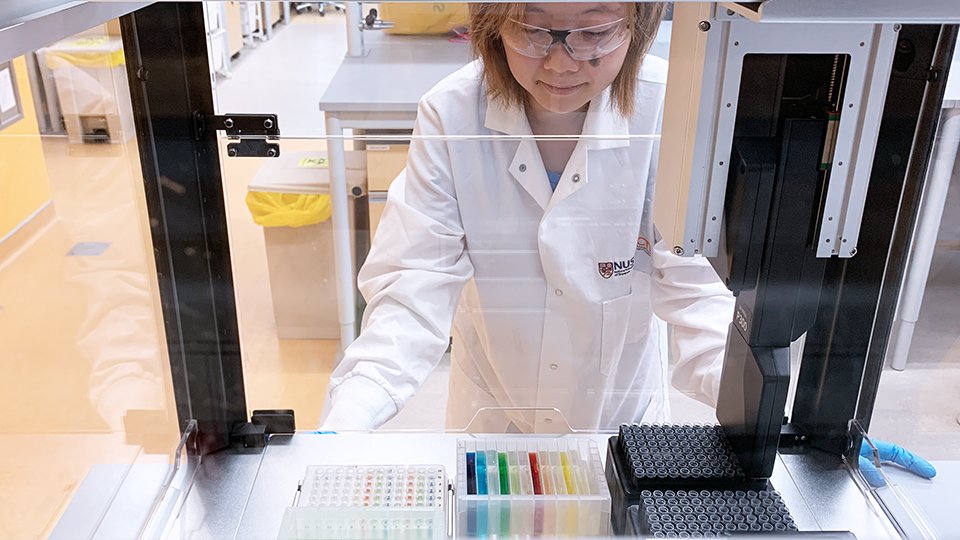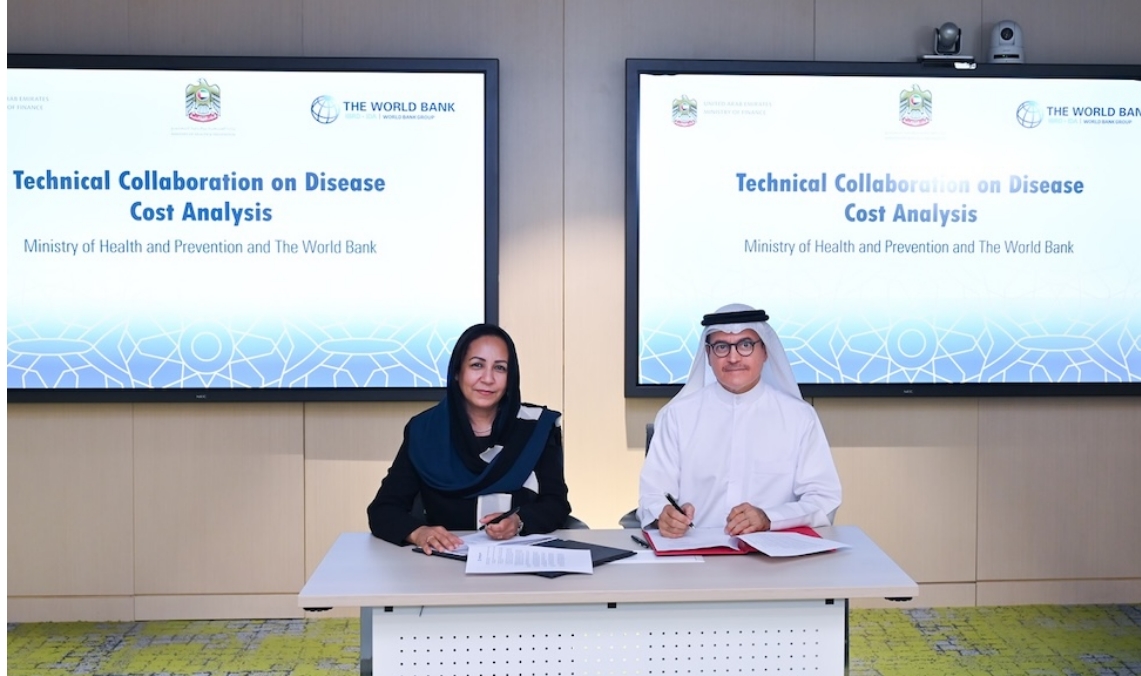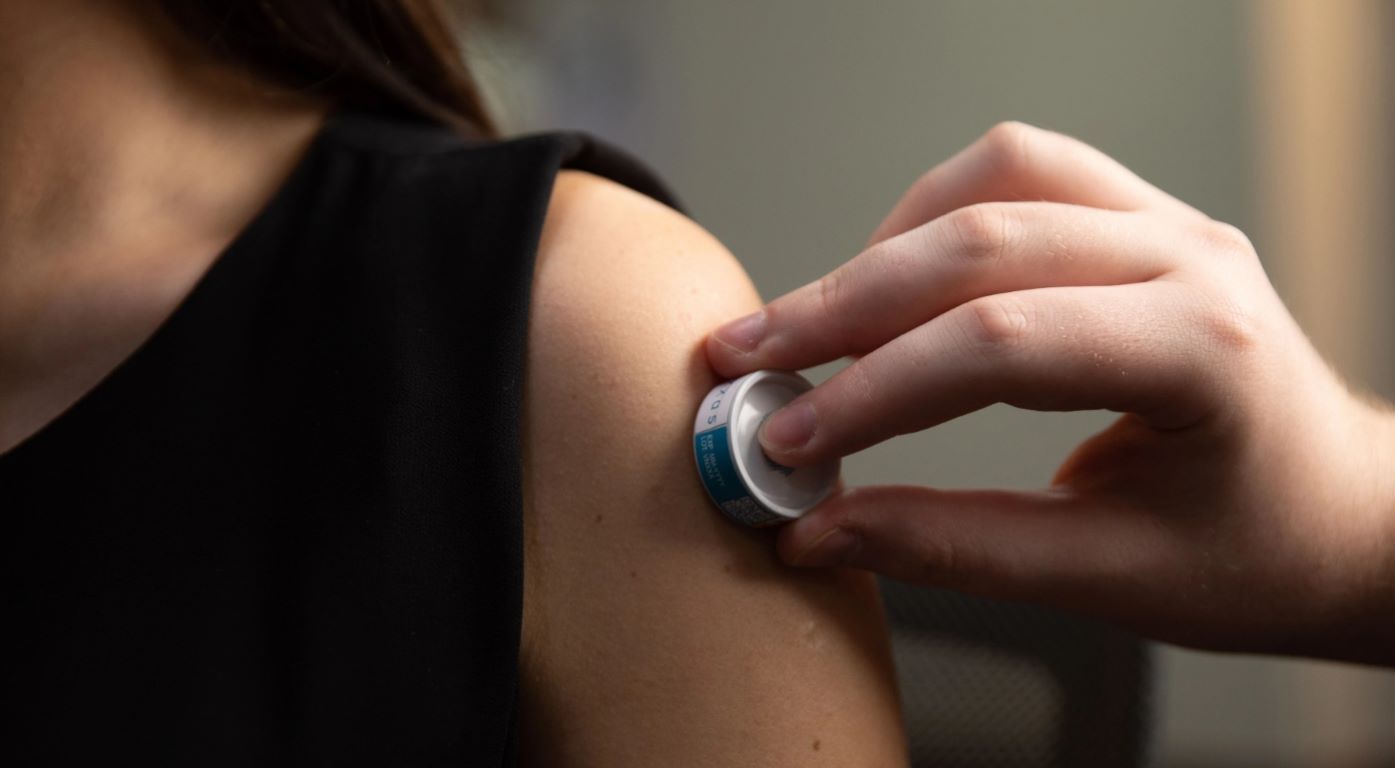NUS SynCTI cofounds Global BioFoundry Alliance
01 July 2019 | News
To equip researchers around the globe with innovative tools to capitalise on fundamental research

NUS Synthetic Biology for Clinical & Technological Innovation (NUS SynCTI) is a focal research programme at the National University of Singapore (NUS) for synthetic biology, and has been one of the key drivers of the founding of the Global BioFoundry Alliance (GBA).
The GBA was formally launched at Kobe University in Japan on 9 May 2019 and brings together 16 institutions across four continents. With keen commitment from leading biological foundries (BioFoundries) from the UK, US, Australia, Japan, China, Denmark, Canada and Singapore, the GBA aims to promote collaboration between BioFoundries across the world.
Just like in a traditional foundry, where metals are manipulated to achieve a certain result, a BioFoundry is an integrated facility that can design, assemble, and investigate genetic constructs often at large scale. Ultimately, the goal of the GBA is to advance synthetic biology research and drive development towards a bio-based economy (bioeconomy).
BioFoundries house state-of-the-art robotic machines to conduct biological engineering at a large scale. The main aim is to enhance and accelerate academic and translational research in engineering and synthetic biology using automation and high-throughput equipment based on Iterative Design-Build-Test-Learn. This comes with computer-aided design software for new workflows.
Members of the GBA will collaborate to equip researchers around the globe with innovative tools to capitalise on fundamental research and pilot translational science towards development of new bio-based industries.











